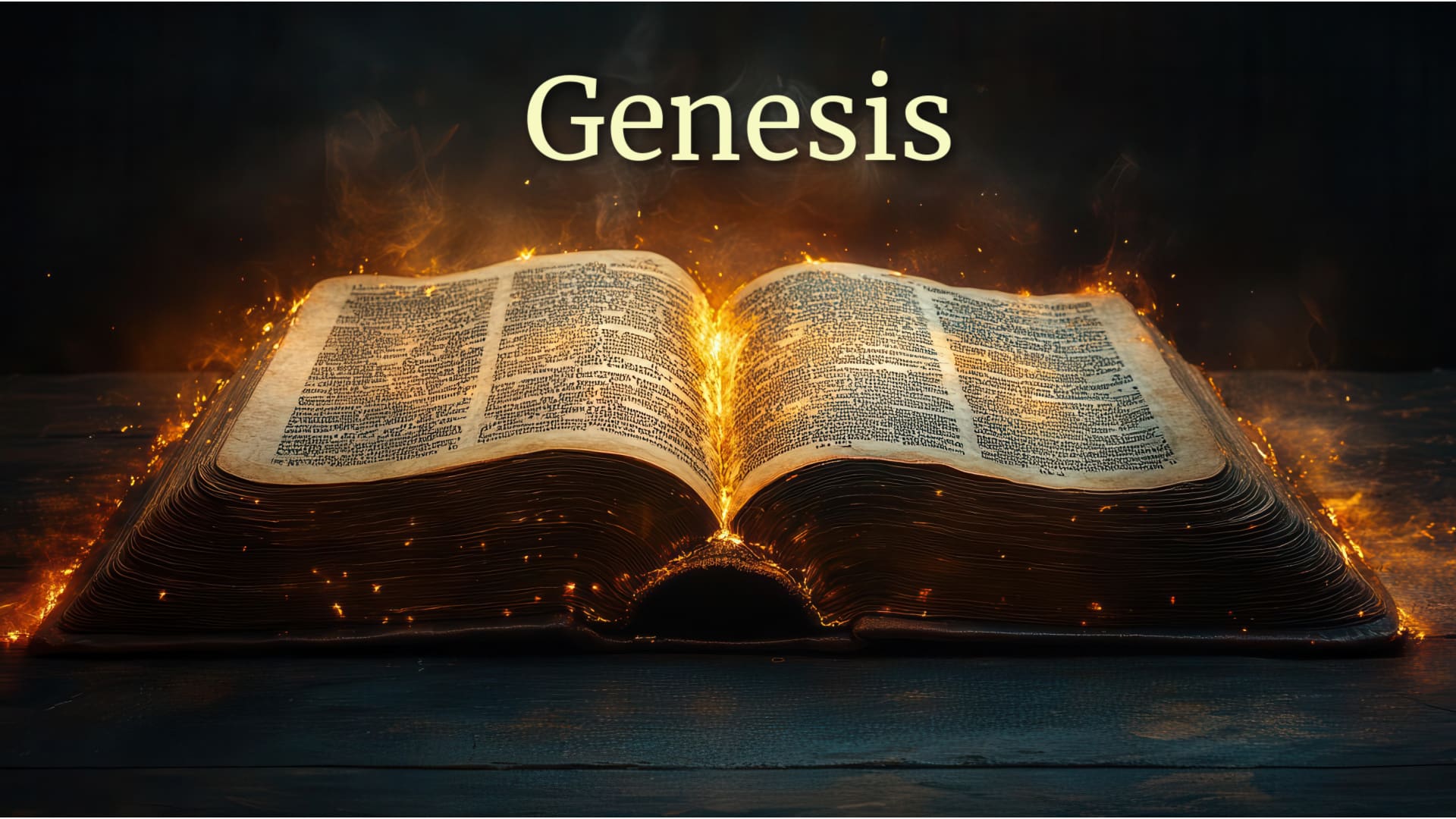
Noah: His Fall, Curses, and Blessings
Noah was the first tiller of the soil. He planted a vineyard; and he drank from the wine and became drunk … Gen. 9:20
Noah pleased God, was righteous and perfect, walked with God, and was obedient in carrying out God’s incomprehensible command to build a huge ship and collect animals. This does not mean, of course, that he was sinless, for this sort of perfection does not belong to the fallen sons of Adam. Perfection is an orientation, a dynamic relational idea in Scripture, as we have said before in this blog. We find ourselves surprised, however, that his life ends in a sordid little story which, as it turns out, is far more theologically profound than what one might think on a superficial reading.
Noah was the first to cultivate the vine. It is not clear whether his drunkenness was the result of initial experimentation or that he just imbibed too much one day. Whatever, he laid drunk in his tent, and his son Ham “saw” his nakedness. What this means is unclear, but to “uncover the nakedness” is a euphemism for sexual encounter; this along with the statement that Noah “knew what his youngest son had done to him” (the word “to know” in this context of nakedness implies a sexual act) suggests the worst. In contrast, his two brothers, out of respect for their father, would not look upon the scene, but walking backwards, covered up their father. Rather than curse Ham and thus 1/3 of the human race, Noah curses Canaan his son, who evidently manifested his father’s sexual perversion to lower depths if possible, thus placing a moral stigma on the Canaanites, prophetically justifying the conquest.
What we have here is another fall narrative. Like Adam, Noah is a “first man,” beginning well as a “priest-king” in a fresh environment. Adam tended a garden, Noah a vineyard. Adam took from the forbidden fruit; Noah imbibed fruit to excess. The result for both was nakedness, exposure, and shame. Adam covered himself with leaves; Noah was covered by his sons. Both stories end with a curse; the ground for Adam’s sake, and Canaan for the lewd act of his father. The point is that this new start was poisoned right after the covenant; history repeats itself.
Out of the squalor of this story the subsequent history of the world is determined. Japheth is to the north and west, Ham to the south, and Shem to the east. Right in the middle where these three converge is Canaan; it is the center of the biblical world geographically. Shem is blessed, and Canaan is cursed to be his slave. The land of Canaan is destined to be the stage, the theater upon which God will display His saving acts. It will, in fact, become the new Eden, the land of promise, flowing with milk and honey, the new mount and temple, the navel of the earth.
Strangely enough, Japheth will “dwell in the tents of Shem,” thus prophesying that he will conquer Shem militarily. However, Shem will conquer spiritually, for the phrase “blessed be YHWH God of Shem” denotes that YHWH will display His glory to the world through Shem, specifically, as we will see, through Abraham’s seed.
It is simply amazing that this most antique of prophesies outlines the geographical, historical, and spiritual movements of the human drama even to this day. Israel will not go away; her presence in the old land is the source of worldwide tensions. Over this thin little stretch of land along the eastern shores of the Mediterranean eastern man and western man historically have converged in conflict. The west tends to dominate militarily (Greece/Rome, briefly during Crusades, modern times) but the east spiritually, for the west converted to YHWH, the God of Shem.
Takeaway: Noah represents the “first man” motif through whom God begins something new bringing redemption to the world.
Question: Do you think it is valid to apply this prophecy of blessings and cursing to the whole span of human history since Noah? Why or Why not?
0 Comments